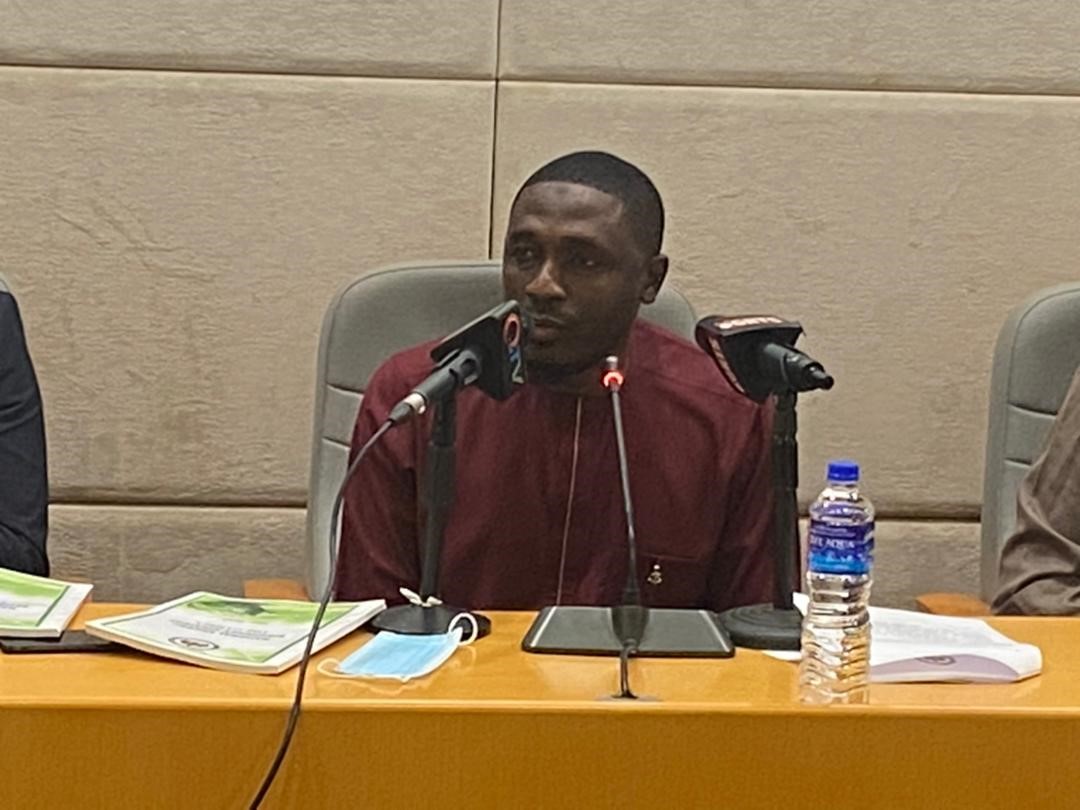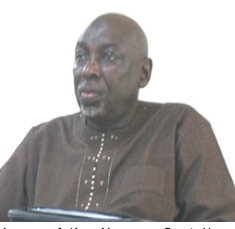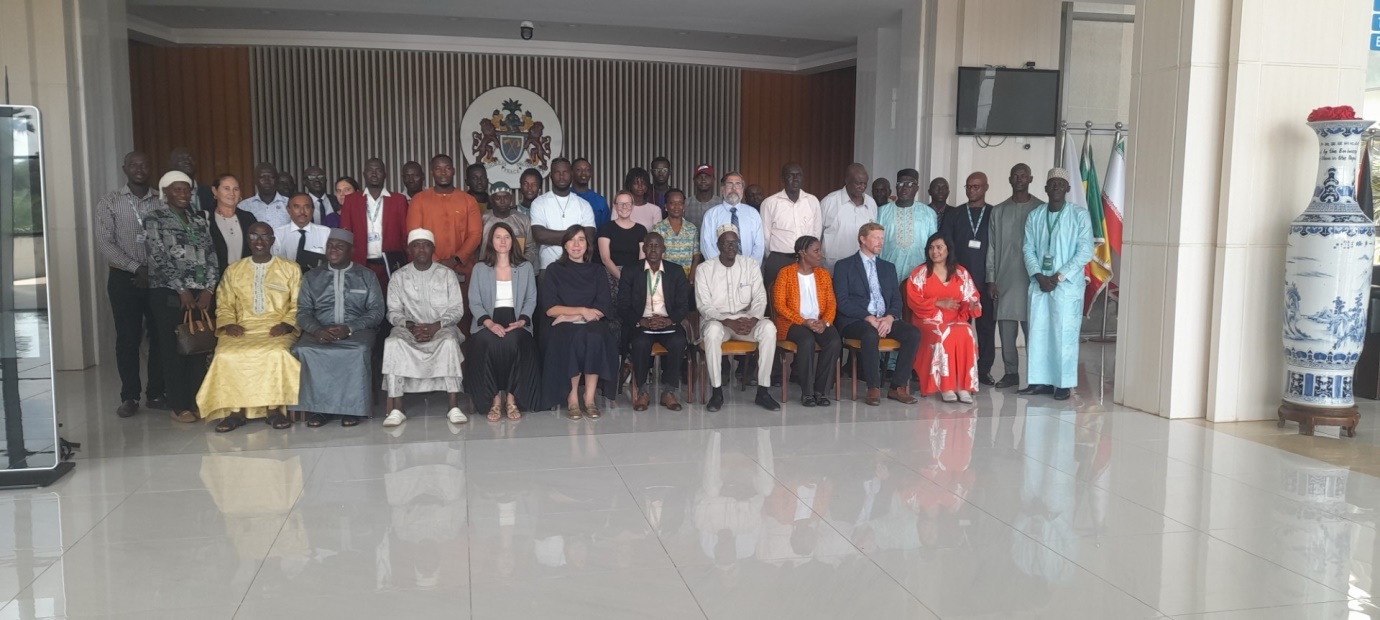By Binta Jaiteh
Lamin Camara, Permanent Secretary at the Ministry of Petroleum and Energy has observed that the Gambia’s Energy Sector is in the middle of major transition since the country entered in a new political chapter in 2017.
He was speaking at the opening of the National Energy Efficiency Strategy workshop held at Sir Dawda Kairaba Jawara Conference Centre, Bijilo recently that efforts are ongoing to improve the electricity supply while noting that villages in the Northern part of the country have been connected.
The Utility Company – NAWEC, he said, has made significant strides to improve operational efficiency and financial performance, and is currently in the middle of a major organizational restructuring.
He said the measures which are part of the World Bank support to the Energy Sector for Development of the National Energy Efficiency Strategy include the identification of high impacts opportunities. The OMVG interconnector is at an advanced stage of construction brings with it the first High Voltage network in The Gambia and the opportunity to access large quantities of cleaner and lower cost electricity from the West Africa Power Pool (WAPP).
He disclosed that an unprecedented level of support from the international community provides The Gambia with the opportunity to transform the energy sector and emerge as one of the leading energy sectors in the sub-region. In this context, the Electricity Roadmap (financed by World Bank) has undergone series of update since 2015.
However, it is the primary planning instrument, and a strategic reference point for all stakeholders in the sector. This update, he said, outlines what is needed to achieve the President (His Excellency Adama Barrow) ambitious 2025 Universal Access target and at the same time to transform the electricity sector so that Gambians can in the near future benefit from reliable and affordable electricity, with NAWEC becoming an efficient, financially sustainable power utility.
The GoTG is still eager to further strengthen electricity service, reliability and sustainability by scaling up energy efficiency activities in The Gambia. To date, The Gambia has been supported by various partners to conduct several EE initiatives. These have included the development of an EE action plan in 2015 with the support of ECOWAS Centre for Renewable Energy and Energy Efficiency (ECREEE), the PS explained
The PS explained further that this focused on “development and implementation of minimum EE performance standards which have been approved at the regional level” While added that energy efficiency sensitization campaigns, The World Bank has also helped The Gambia scaled up energy efficiency notably by financing the replacement of 2000 incandescent streetlights with LED bulbs that have helped to reduce energy consumption by 60 percent.





